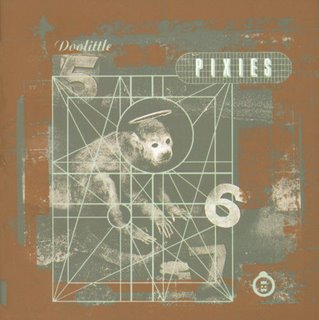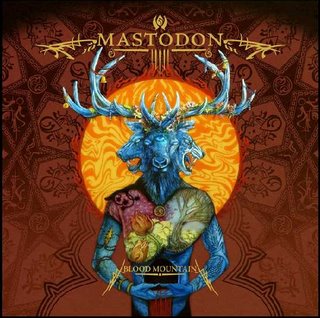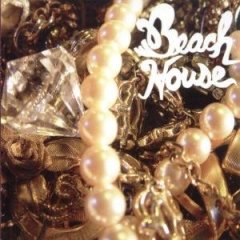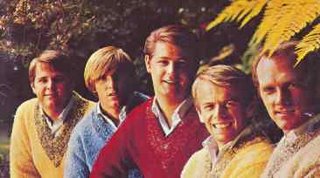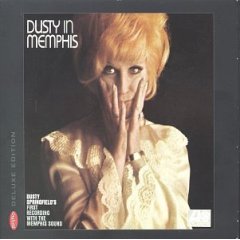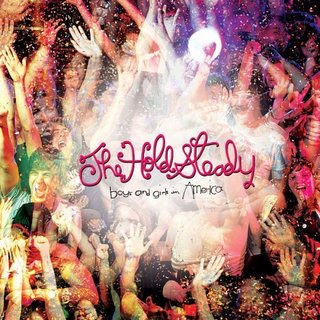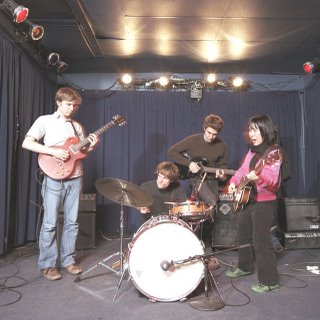 Bone-Chilling Songs for Halloween
Bone-Chilling Songs for HalloweenGhosts, ghouls, devils, and beasties have always haunted rock and pop music. As in any art form or expression of popular culture, it is impossible to escape the inexplicable need to terrify ourselves. These demons have emerged through the cracks in many different ways, from haunting portraits of bluesmen selling their souls to the devil to campy graveyard dance parties. Since Halloween is more about a fun scare than a straight-faced exploration of the dark side of humanity, I've favored tunes that are both spooky and danceable.
 5. Frankenstein - New York Dolls
5. Frankenstein - New York DollsBelonging in the proto-punk camp right alongside The Stooges and The Velvet Underground, the New York Dolls mixed gritty rock'n'roll with aggressive, cryptic lyrics and a disorienting sense of androgyny. They dressed up like girls for their gigs and played songs about nice girls who went wrong under the pressures of the big city. Frankenstein is perhaps the best example of this - a brutish, clunky rocker that has to ask you one question: "Do you think you could make it with Frankenstein?" This actually sounds more like punk-as-we-know-it than either of the aforementioned and ostensibly more influential bands. In 1973, the Dolls created a monster - four years before the Sex Pistols and The Clash would bring it to life for the world at large.
 4. One Hit - The Knife
4. One Hit - The KnifeThe only song to break my top five from the last two decades (not to mention this year), "One Hit" has earned it's place here on merit of its vocal performance alone. I don't think that it actually has anything to do with Halloween, but I had to check the liner notes to make sure the male vocals weren't credited to a werewolf or a goblin. The Swedish brother/sister duo has always been a bit creepy, and somehow this song retains a genuine spookiness in spite of its over-the-top monster-on-the-mic affectation. Plus the hook is so damn catchy that I'll probably be walking around the office howling under my breath for the rest of the day, creeping the hell out of my co-workers. Such is the price of inventive snyth-pop, I suppose.
 3. Thriller - Michael Jackson
3. Thriller - Michael JacksonThe most famous music video ever? An album of the same name with more hits than google.com? What more can be said about this song? Okay, yeah, it's clearly a cheesy Hollywood schlock-fest on the scare-o-meter, but I remember the Vincent Price cameo creeping the hell out of me when my dad played the record for me as a kid. It was the first time I realized that pop music could be scary. I can only imagine that countless children of the eighties had the same experience.
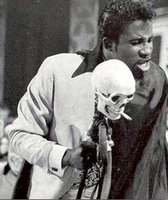 2. I Put a Spell on You - Screamin' Jay Hawkins
2. I Put a Spell on You - Screamin' Jay HawkinsIt would be demeaning and misleading to simply refer to Screamin' Jay Hawkins as the first shock-rocker. He was - without a doubt - but the emergence from coffins on stage, the constant companionship of a skull named Henry, and the creepy mustache were only the exterior affects of a truly unique and frightening performer. "I Put a Spell On You," a Hakwins original recorded in 1956, walks the line between kitsch and horror, but 50 years later the campiness only adds to the unbelievable strangeness of the recording. Legend has it that Hawkins' producer got this unhinged performance from Screamin' Jay and his band by serving them a huge meal and plying them with plenty of liquor before doing a take. The woozy carnival aggression of the band is undeniably creepy, and Hawkins' manages to shout, scream, and froth between his lyrical lines while still maintaining a sense of control - making this possessive ode feel positively manic.
 1. The Monster Mash - Bobby "Boris" Pickett and the Crypt-Kickers
1. The Monster Mash - Bobby "Boris" Pickett and the Crypt-KickersThe indisputable apex of monster pop, "The Monster Mash" is not only the most famous Halloween anthem, but also the most terrifying. Bobby "Boris" Pickett combines elements of avant-garde sound collage and demented teenage pop to convey his stark and chilling view of humanity - deep down, we are all monsters and we all must dance. Every time he sings "The zombies were having fun/The party had just begun/The guests included Wolfman, Dracula, and his son," I can literally feel my body temperature drop three degrees. Play this one loud, but for the love of God, never listen to it in the dark alone. Absolutely horrifying.
